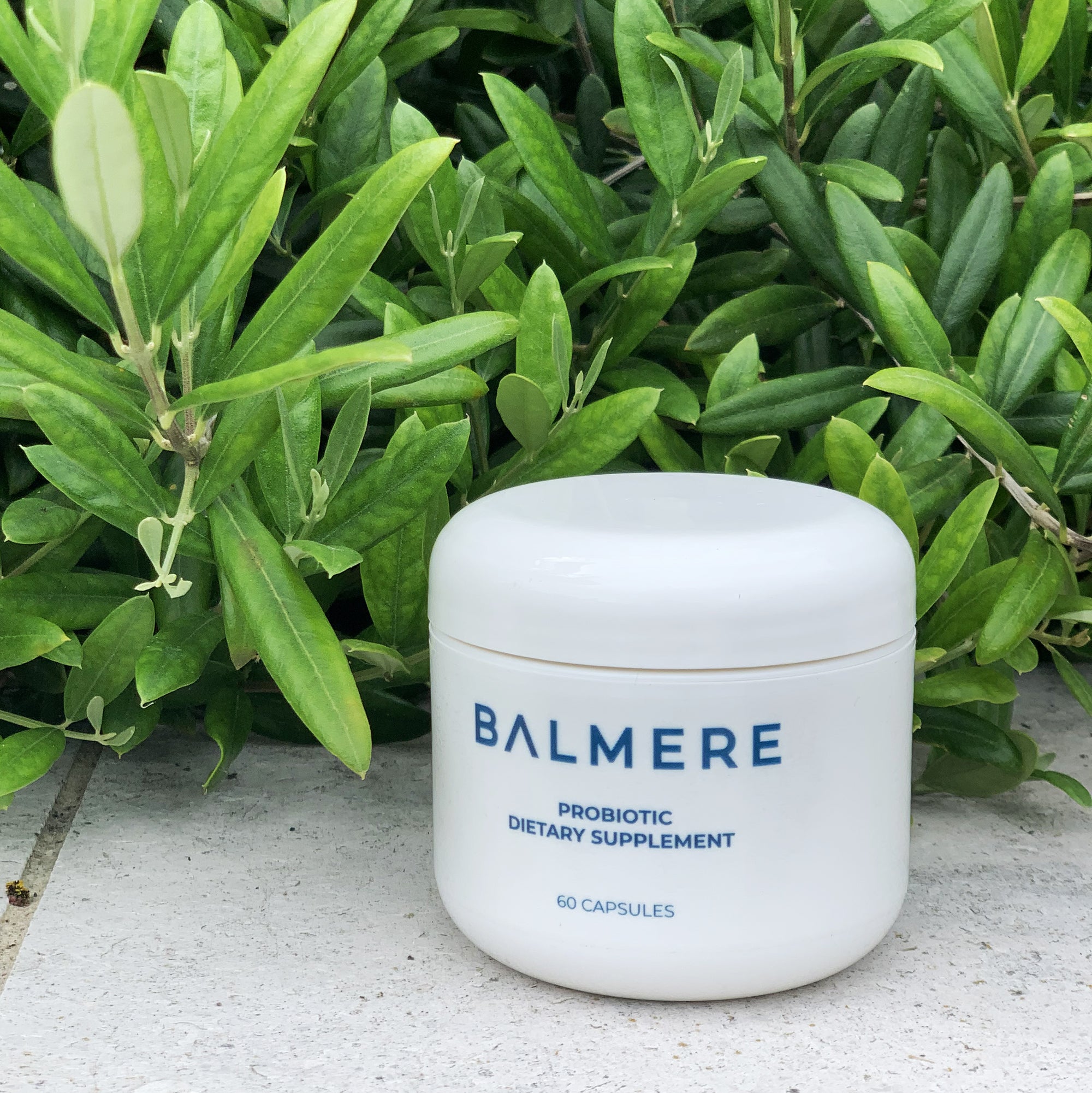
Chemotherapy can make the skin more sensitive to sunlight, making it crucial for chemotherapy patients to protect their skin from harmful UV rays. Choosing the right sunscreen is essential to ensure proper sun protection while minimizing any adverse effects on the skin. In this article, we will discuss the key factors to consider when selecting the best sunscreen for chemotherapy patients.
Factors to Consider
Sensitivity
- Chemotherapy can cause skin sensitivity and irritation, so opt for sunscreens that are specifically formulated for sensitive skin.
- Avoid sunscreens with harsh chemicals, fragrances, and potential allergens that may exacerbate skin reactions. If you are looking to buy sunscreen for chemotherapy patients visit Balmere.
SPF Level
- Choose a broad-spectrum sunscreen with a minimum SPF of 30 to provide adequate protection against both UVA and UVB rays.
- Chemotherapy patients should ideally use a higher SPF (50 or above) as their skin may be more vulnerable to sun damage.
Ingredients
- Look for sunscreens with physical blockers like zinc oxide and titanium dioxide, as they are less likely to cause skin irritation compared to chemical filters.
- Consider sunscreen formulas that contain antioxidants like vitamin C and E to help protect the skin from oxidative stress caused by UV exposure.
Types of Sunscreens
Mineral Sunscreens
- Mineral sunscreens contain active mineral ingredients that sit on top of the skin and act as a physical barrier to UV rays.
- They are less likely to cause skin irritation and are generally well-tolerated by chemotherapy patients with sensitive skin.
Chemical Sunscreens
- Chemical sunscreens absorb UV rays and convert them into heat, which is then released from the skin.
- While effective, some chemotherapy patients may experience skin reactions to the chemicals present in these sunscreens.
Water-Resistant Sunscreens
- For chemotherapy patients who are active or spend time in the water, water-resistant sunscreens provide long-lasting protection even when sweating or swimming.
- Reapply water-resistant sunscreen every 2 hours or more frequently as directed, especially after swimming or towel drying.
Application Tips
- Apply sunscreen generously at least 15 minutes before going outside to allow it to fully absorb into the skin.
- Reapply sunscreen every 2 hours or more frequently, especially after swimming or sweating.
- Don't forget to cover all exposed areas, including the face, ears, neck, hands, and any bald spots on the scalp.
- Consider using additional sun protection measures such as wearing wide-brimmed hats, sunglasses, and sun-protective clothing.
Conclusion
Choosing the best sunscreen for chemotherapy patients is crucial in protecting their sensitive skin from the harmful effects of UV rays. By considering factors like sensitivity, SPF level, ingredients, and sunscreen type, chemotherapy patients can find a sunscreen that not only offers effective sun protection but also minimizes skin irritation. Following proper application tips and sun protection measures will further enhance the overall protection against sun damage. Consult with a healthcare provider or dermatologist to find the most suitable sunscreen for your specific needs during chemotherapy treatment.
